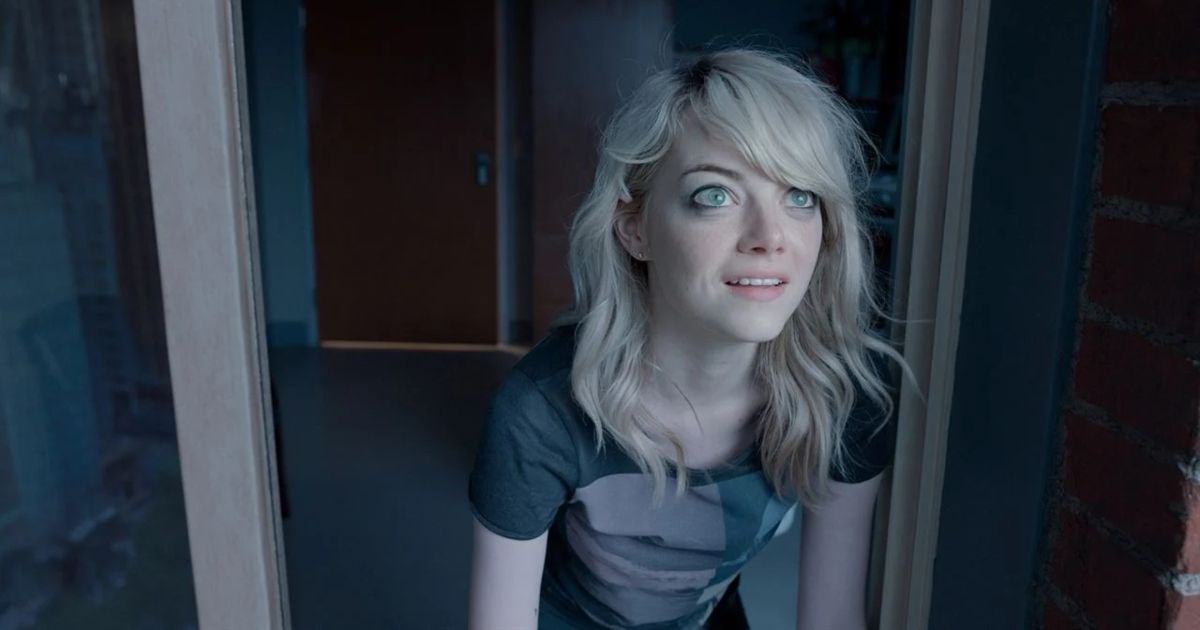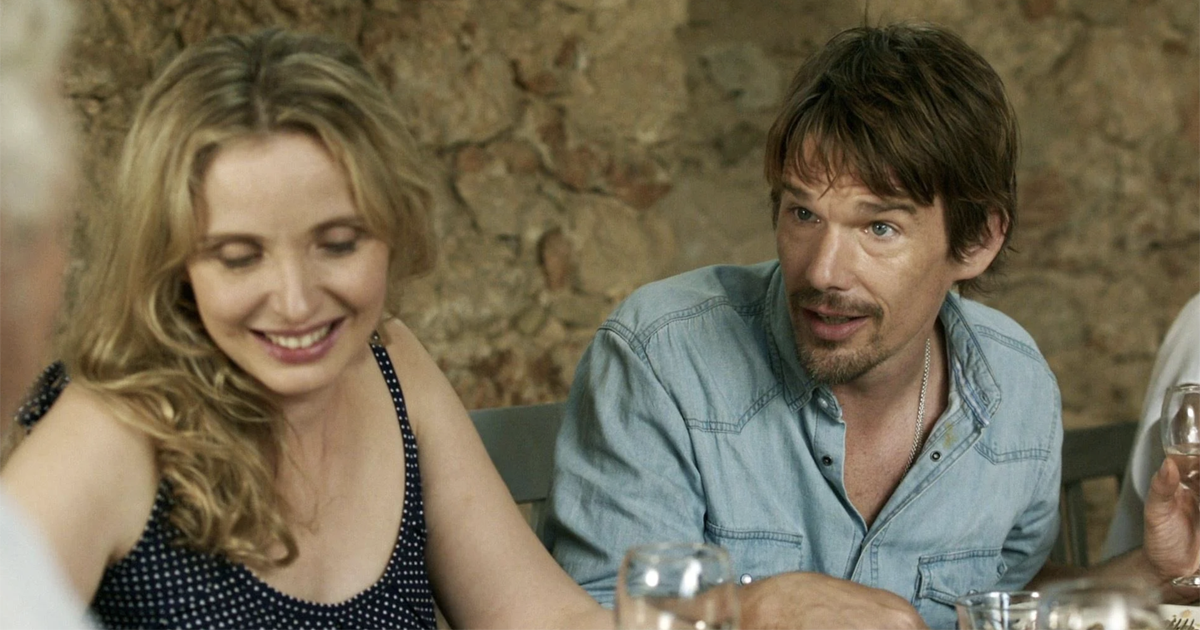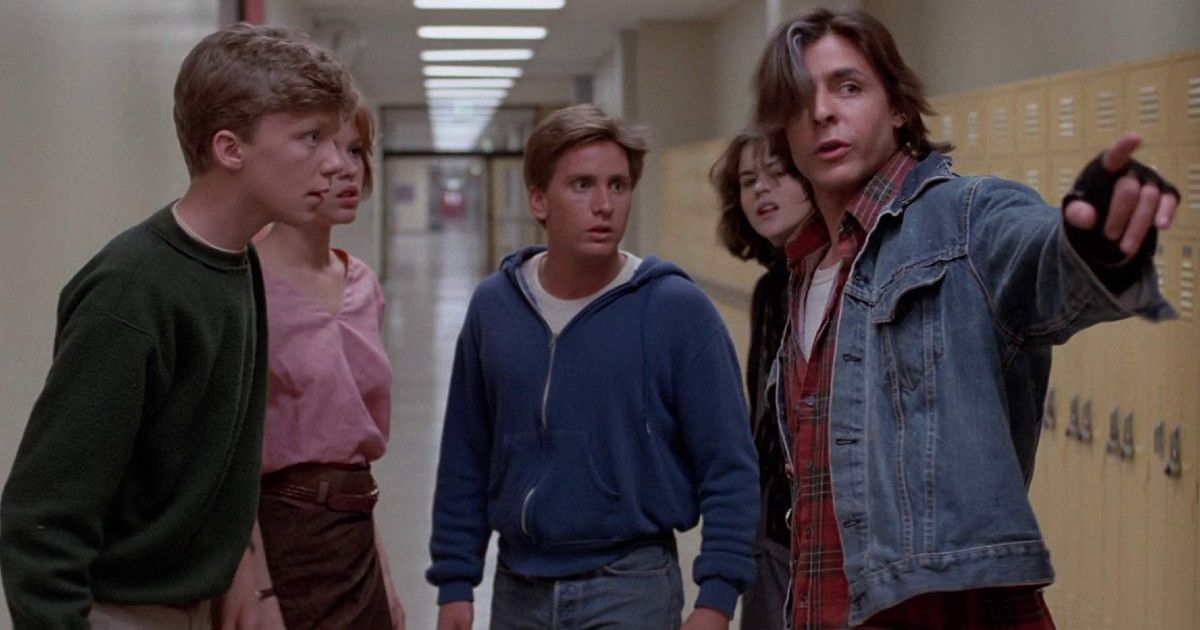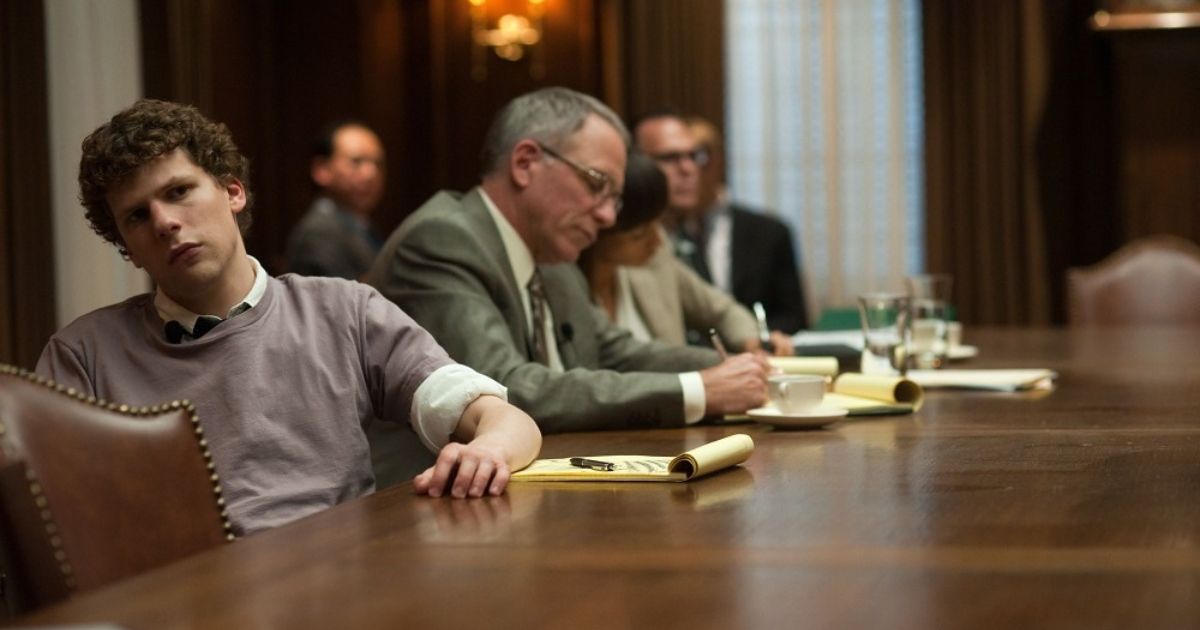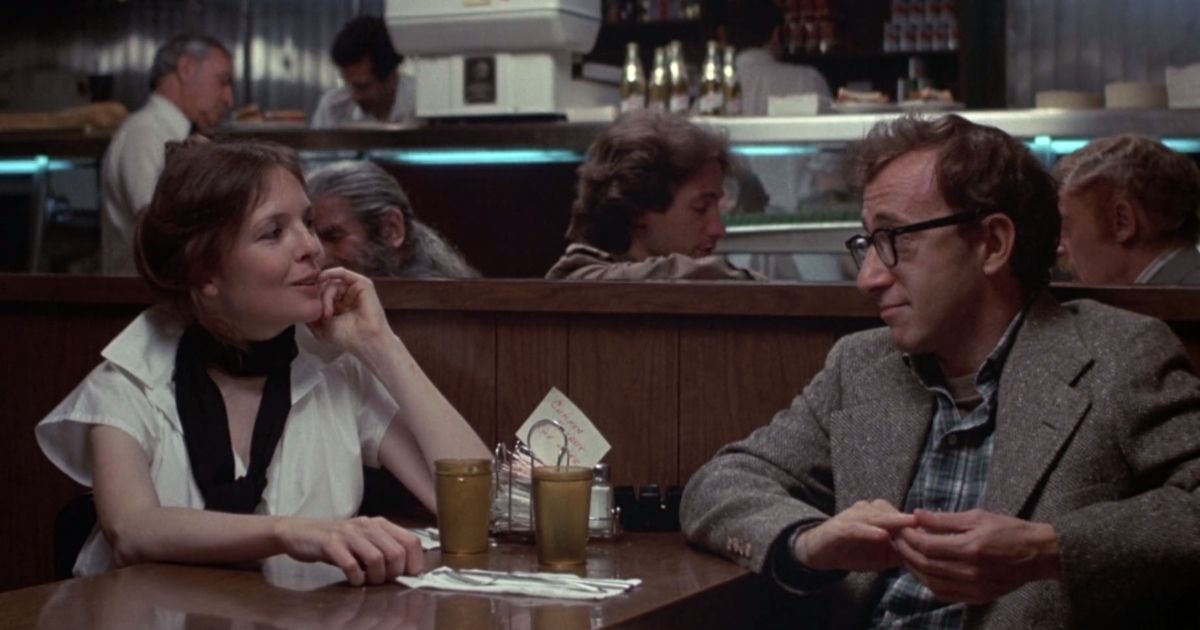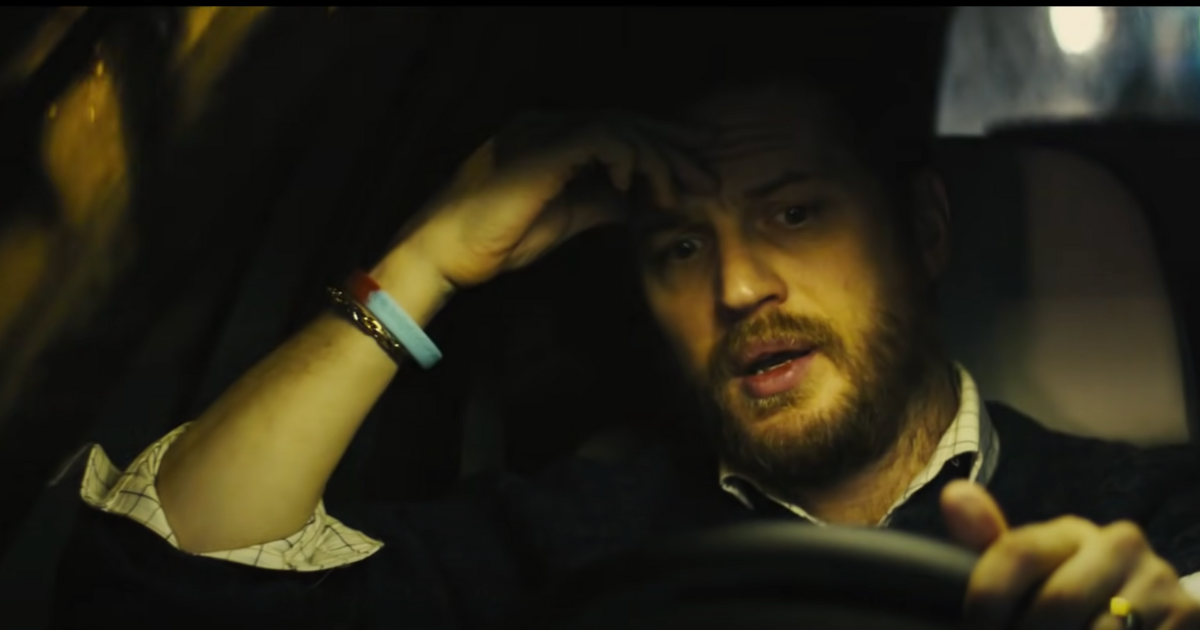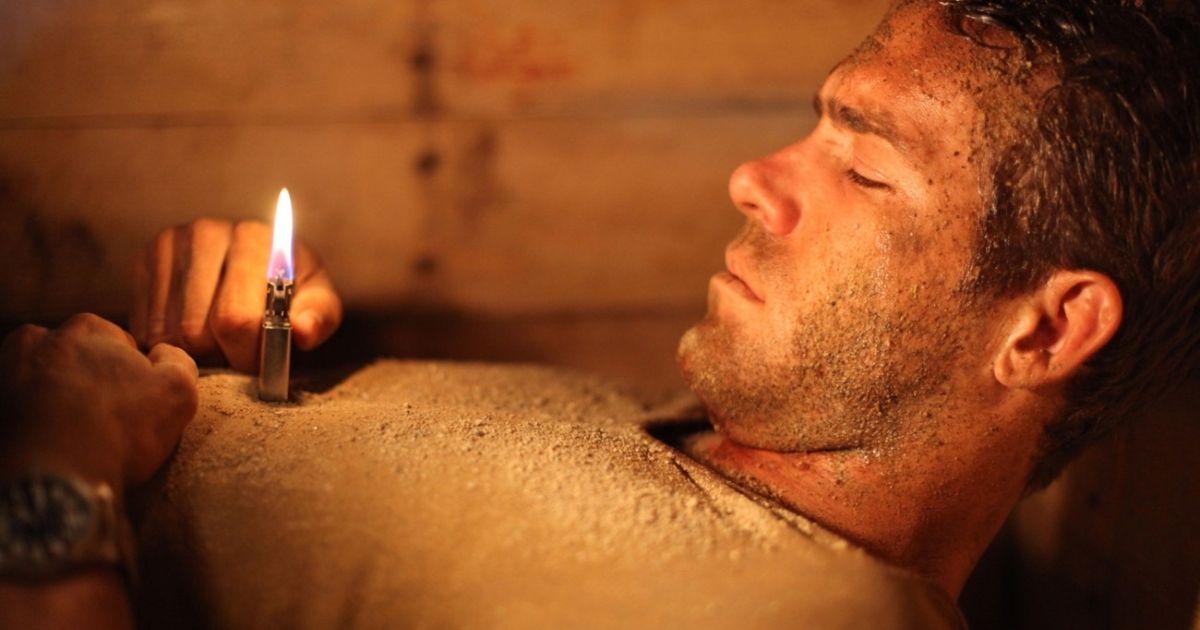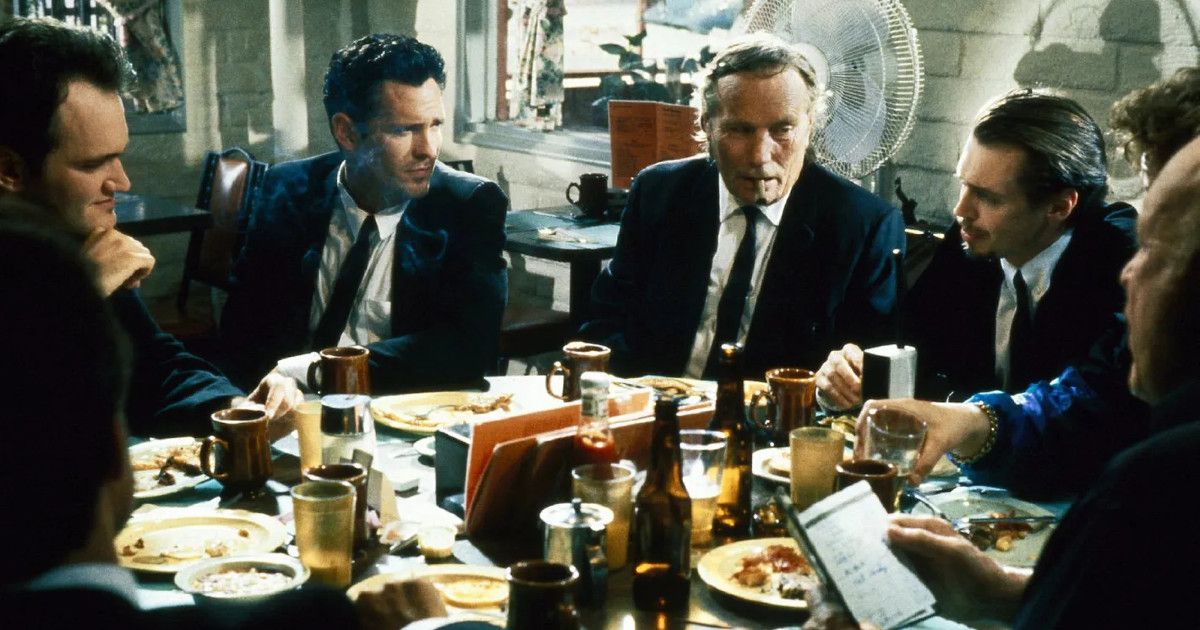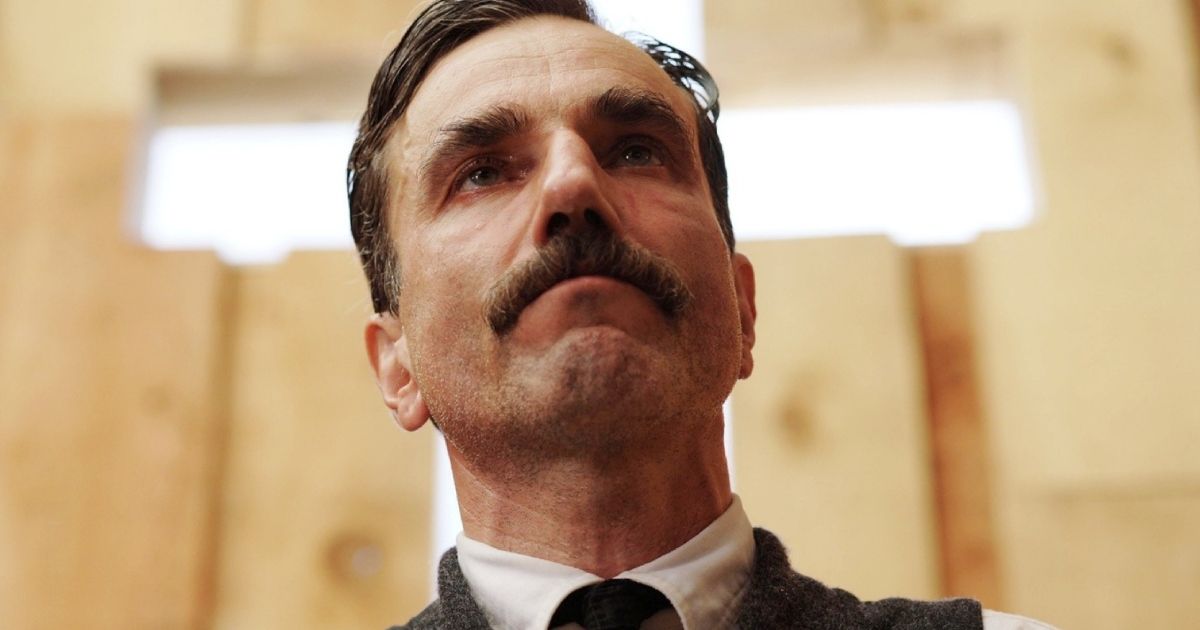Every film has its own approach to dialogue. They can be stylistic, minimalist, or dramatic, depending on how it is channelized by the performances of the actors. Dialogue has become a signature of filmmakers such as Woody Allen and Quentin Tarantino, who use it to strike a perfect balance between wit and drama.
Intense dialogues also become essential in experimental films, which can be entirely conversational or are limited to one location. Intricate dialogues can add or subtract tension to a given scene, and here are the films that only got better with dialogue-heavy scenes.
12 Angry Men
12 Angry Men is an American courtroom drama film directed by Sidney Lumet which is based on a play of the same name by Reginald Rose. The film follows a jury of 12 men who argue to reach a verdict involving an alleged juvenile murderer. The men try to reach a unanimous decision while one juror named Davis played by Henry Fonda is not convinced by the quick assumptions made by the rest of the members to reach a guilty verdict.
The entire film is shot inside the courtroom, and all scenes involve the actors talking as the film tries to make an empirical statement about convicting criminals. Each character reveals their weaknesses and personal biases, and the dialogues play an integral part in revealing the characters’ inner inhibitions. The dialogue single-handedly weaves the narrative as the jury changes their mind with every argument.
Before Trilogy
The Before Trilogy, directed by Richard Linklater, consists of Before Sunrise, Before Sunset, and Before Midnight and follows two characters having free-flowing conversations about love and life as they form a deeper complicated relationship. The lead characters are played by Ethan Hawke and Julie Delpy and the films were released nine years apart, giving a realistic take on evolving relations across time.
The films are entirely conversational, as one sees the characters falling in love through their intimate conversations. Each film meets the characters in a turning point in their life. Before Sunrise meets the characters in their 20s and the dialogues reflect optimism, romanticism, and their apprehensions about everlasting love. Before Sunset sees Celine and Jesse go through their quarterly life crisis as they express their heartbreaks and loneliness. Before Midnight gets dramatic as characters argue about the consequences of their relationships as they realize they are not perfect parents, partners, or human beings. The dialogues bring forth their vulnerabilities as they realize they stand by each other in every obstacle they face in their relationship.
The Breakfast Club
The Breakfast Club is a coming-of-age film directed by John Hughes which follows an eventful day when five high schoolers serve detention while belonging to different cliques, and the dialogues reflect the presumptions shared by the characters about each other. John played by Judd Nelson is a rebel, Clair is the attractive popular girl, Ally is the outcast with a dark side, Brian is the nerd stereotype and Andrew is the jock. The dialogue paints the characterization of each adolescent as representative of their group and how they think of each other. The film is funny yet moving, which makes the identity issues depicted relevant and timeless.
The Social Network
The Social Network is directed by David Fincher and goes behind the scenes of Mark Zuckerberg’s journey of founding Facebook. The film is based on the book The Accidental Billionaires, which chronicles the ugly rifts between the founders and investors in Facebook over the ownership of the Tech company that revolutionized social communication. The film is known for its sharp and witty dialogues that bring about the eccentric quirks of Zuckerberg as a fast-talking and unemotionally stunted genius.
The film opens up with a break-up scene between Mark, played by Jesse Eisenberg, and Erica, played by Rooney Mara, which establishes the tone of the film with a sharp and revealing confrontation between the characters which brings about Mark’s detachment. The film, which earned Aaron Sorkin an Academy Award for Best Adapted Screenplay, balances show and tell with conversations between Mark and Savarin and the legal teams as they settle the issue related to Facebook’s ownership which evokes drama and ethical dilemmas that made Zuckerberg the youngest billionaire in the world.
Annie Hall
Annie Hall, directed by Woody Allen, is a satirical romantic comedy that is known for its dialogues which are equally witty and philosophical. The film follows the ups and downs in a relationship between a comedian named Alvy, played by Woody Allen, and Annie Hall played by Diane Keaton who was the inspiration behind the character and the film. The film is striking for its inventive narration, where Singer breaks the fourth wall and talks to his audience directly about how he copes with his attachment to Annie. The film has several one-liners and anecdotes about post-modern love, which makes the film iconic.
As several of Allen’s characters played by him, Singer is over-obsessed with his thoughts and even goes full-blown neurotic when it comes to falling in love. The film has several surreal fantasy sequences exaggerating Singer’s state of mind. The dialogues by Annie bring about the best in Diane Keaton as a confused but charming young woman, Singer is smitten for. Allen writes intelligent and engaging conversations for the couple that makes Annie Hall a stand-alone romantic comedy.
Locke
Locke is a drama directed by Steven Knight which follows a man named Locke who is on a car ride to a hospital to meet his newborn baby. The night changes everything as he loses his job, family, and his grip over life for a mistake. The film is entirely set in a car as Locke talks over his phone with his colleagues and family as he navigates through his personal and career crisis. The lengthy and dramatic dialogues of the film complement the minimalistic approach to the film, which unfolds through conversations Locke has with the affected parties of his predicament. The different shades of tension in the conversations are skillfully delivered by Tom Hardy who plays Locke. The film is exemplary of less is more and is a rare film that focuses entirely on telephonic conversations, which creates a sense of emergency in current times.
Buried
Buried is a survival thriller directed by Rodrigo Cortés which stars Ryan Reynolds as Paul, who plays an American truck driver in Iraq. He finds himself buried alive in a wooden coffin with a lighter, flask, flashlight, knife, glow sticks, pen, pencil, and a mobile phone by terrorists. The film shows Paul trying to escape and calling his loved ones and the rescue team. The film remains to be dialogue heavy for its premise, as Paul has to talk his way out of his survival. The film is dramatic and difficult to watch as Reynolds gives a performance of his lifetime. The film was inspired by Alfred Hitchcock’s Rope and Lifeboat and received several critical awards for Reynolds and Chris Sparling for Screenplay.
Reservoir Dogs
Reservoir Dogs is a neo-noir crime film that was the feature directorial debut of Quentin Tarantino which follows a heist gone wrong starring Harvey Keitel, Tim Roth, Chris Penn, Steve Buscemi, and Michael Madsen. The film is a work of pastiche and is considered symbolic of the post-modern influence on cinema. The film sets Tarantino’s signature from the first film itself with the use of violence, crime, pop culture references, and witty dialogues. The film never shows the heist, but mostly focuses on the bloodbath that concludes the aftermath of the failed heist.
The dialogue in the film can be matter-of-fact, dark, and witty as the characters unravel who ratted the criminals. Tarantino’s films are also famous for their pop-culture-ridden dialogues that paint the zeitgeist of the 70s and 80s, which influence his films. The profane back and forth between the characters and the black humor in conversations provide comic relief even in scenes when characters cry for their life, making it a Tarantino favorite.
Birdman or (The Unexpected Virtue of Ignorance)
Birdman or (The Unexpected Virtue of Ignorance) is directed by Alejandro González Iñárritu which stars Michael Keaton as Riggan Thomson who is an actor making a comeback to Hollywood with a superhero film and is also juggling his career as a Broadway theater actor. The film also stars Zach Galifianakis, Edward Norton, Amy Ryan, Emma Stone, and Naomi Watts. The film has the effect of being filmed in a single shot, which involves stretched dialogues between the characters.
Most of the scenes were written as play scenes with dramatic lines between characters which involve tension, frustrations, and even internal monologues. The conversations between the characters are intense and surreal, as characters oscillate between being actors and characters. The themes of identity crisis, fame, and artistic integrity are explored through the dialogues, making the characters multidimensional and enjoyable to watch.
There Will Be Blood
There Will Be Blood is directed by Paul Thomas Anderson and stars Daniel Day-Lewis, who plays Daniel Plainview on a capitalist venture to make a fortune but is morally corrupt towards his son. The film is known for Day-Lewis’s performance and his tense dialogue delivery in dramatic scenes. The dialogues in the film are loaded with ambition, ego, and violence, and several scenes between Paul Dano and Day-Lewis speak volumes of the complex characterizations. The film is also known for its cinematography and how it paints the mood of a grim industrializing America and the dialogues bring about the blind ambitions of the American dream.

